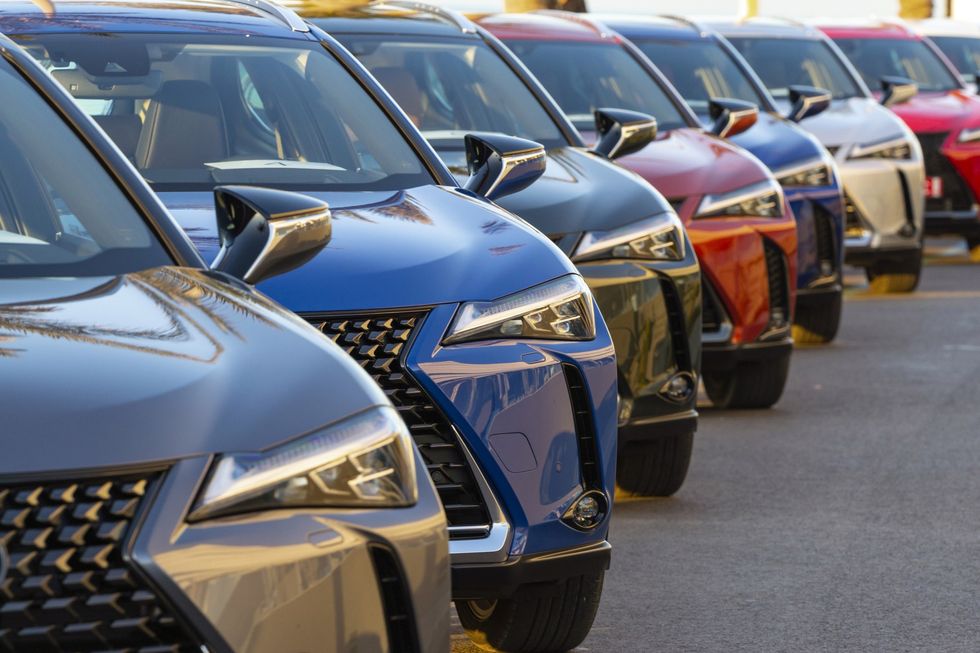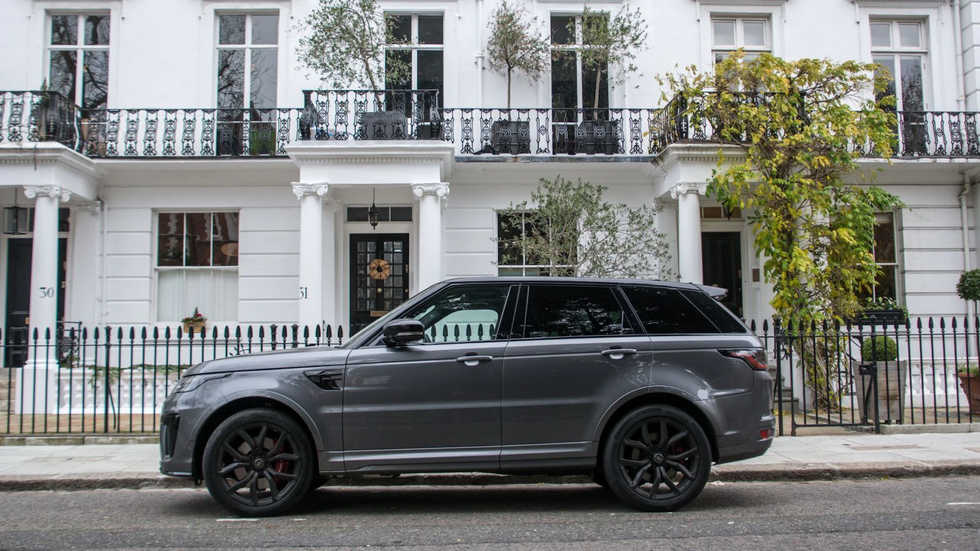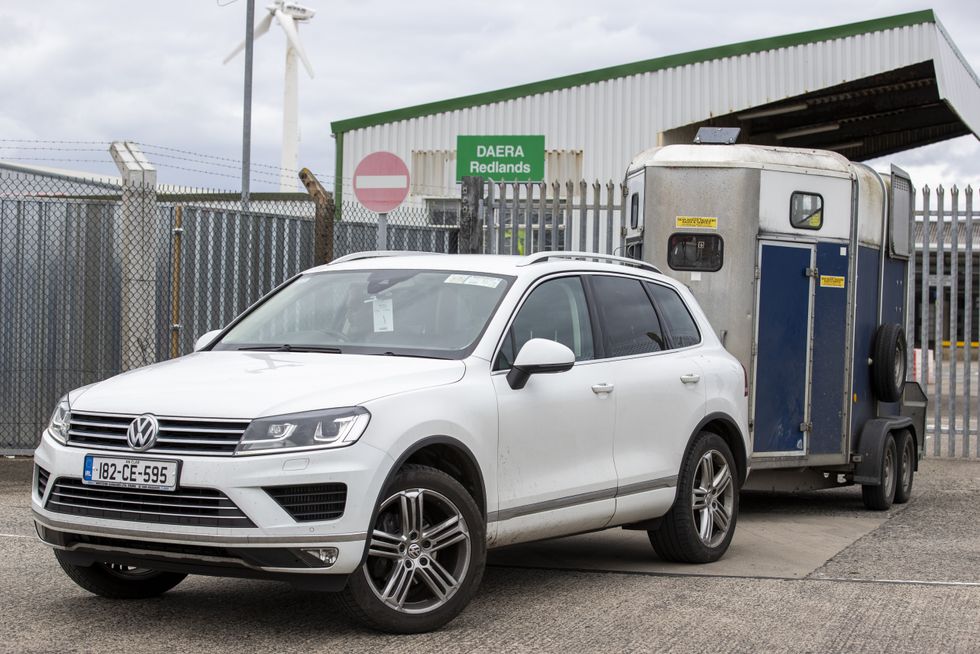Chancellor Rachel Reeves has been urged to establish a weight-based charge for large vehicles before the Autumn Budget to help plug a tax hole.
Transport & Environment has unveiled proposals for a “Large Vehicle Levy” targeting oversized SUVs, arguing that Britain’s current Vehicle Excise Duty framework inadequately addresses the expanding market for heavier vehicles.
The environmental group’s analysis suggested that the UK functions as a “tax haven” for SUVs, with purchasers paying substantially lower rates than their European neighbours.
“With the Autumn Budget around the corner, the Government has a clear opportunity to act,” stated Tim Dexter, Transport & Environment UK’s Vehicles Policy Manager.
Do you have a story you’d like to share? Get in touch by emailing motoring@gbnews.uk

The proposed levy aims to address multiple concerns, including road infrastructure deterioration, public safety risks and environmental damage from larger vehicles.
Research from Transport & Environment exposed stark disparities in vehicle taxation between Britain and other European nations, particularly for luxury SUV models.
British purchasers of an £85,000 BMW X5 face vehicle tax charges of merely £3,200, while French buyers encounter fees of £66,600 for the same model, a difference of up to 20 times.
This taxation gap has contributed to UK SUV sales reaching levels four times higher than in France, according to the environmental organisation’s findings.

The analysis indicated that despite Vehicle Excise Duty modifications implemented in April that raised charges for high-emission vehicles and encouraged electric vehicle adoption, the carbon dioxide-focused taxation structure remains insufficient.
The system continues to undervalue the broader societal impacts of oversized vehicles, including their actual emissions and infrastructure effects.
Research indicated that rising vehicle heights create significant safety hazards, with a 10-centimetre increase in front-end elevation resulting in a 30 per cent higher risk of fatal injuries to pedestrians and cyclists.
The expansion of vehicle dimensions has created additional urban challenges, as approximately 1.2 million cars sold annually in Britain exceed the dimensions of standard parking bays.
LATEST DEVELOPMENTS:
- Labour urged to intervene in Jaguar Land Rover cyber attack as workers face ‘immediate threat’
- Motability scheme changes demanded to prevent ‘billions’ being spent on ‘drivers with tennis elbow’
- Sadiq Khan faces backlash over plans to remove key driving benefit for road charges – ‘Big concession’
These oversized vehicles contribute to increased congestion and reduced availability of public space in cities where most SUVs are registered, despite offering minimal practical advantages in urban environments.
The concentration of larger vehicles in metropolitan areas has intensified concerns about street safety and spatial efficiency, particularly as vehicle manufacturers continue prioritising high-margin SUV models over smaller alternatives.
Environmental concerns surrounding SUVs remain pressing, with 77 per cent of newly purchased models in the UK still powered by petrol, diesel, hybrid or plug-in hybrid systems, effectively guaranteeing elevated carbon dioxide emissions for the next decade to 15 years.
The infrastructure impact proves equally significant, as vehicles weighing two tonnes cause 16 times the road surface deterioration compared to one-tonne cars, accelerating the decline of Britain’s transport network.

These heavier vehicles lock the country into prolonged periods of higher emissions while simultaneously requiring increased public expenditure on road maintenance and repairs, experts warned.
The combination of sustained fossil fuel dependency and disproportionate infrastructure damage also underscores the environmental and economic rationale behind calls for targeted taxation measures on larger vehicles.
Public sentiment has also been found to strongly favour action on oversized vehicles, with YouGov research revealing that 61 per cent of UK car owners consider SUVs to consume excessive space, while only 19 per cent disagree with this assessment.
“Drivers themselves are clear on where extra SUV revenue should go – fixing Britain’s crumbling roads, making streets safer, and improving public transport,” Mr Dexter explained.







Follow